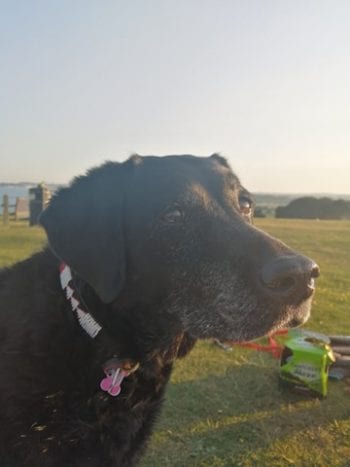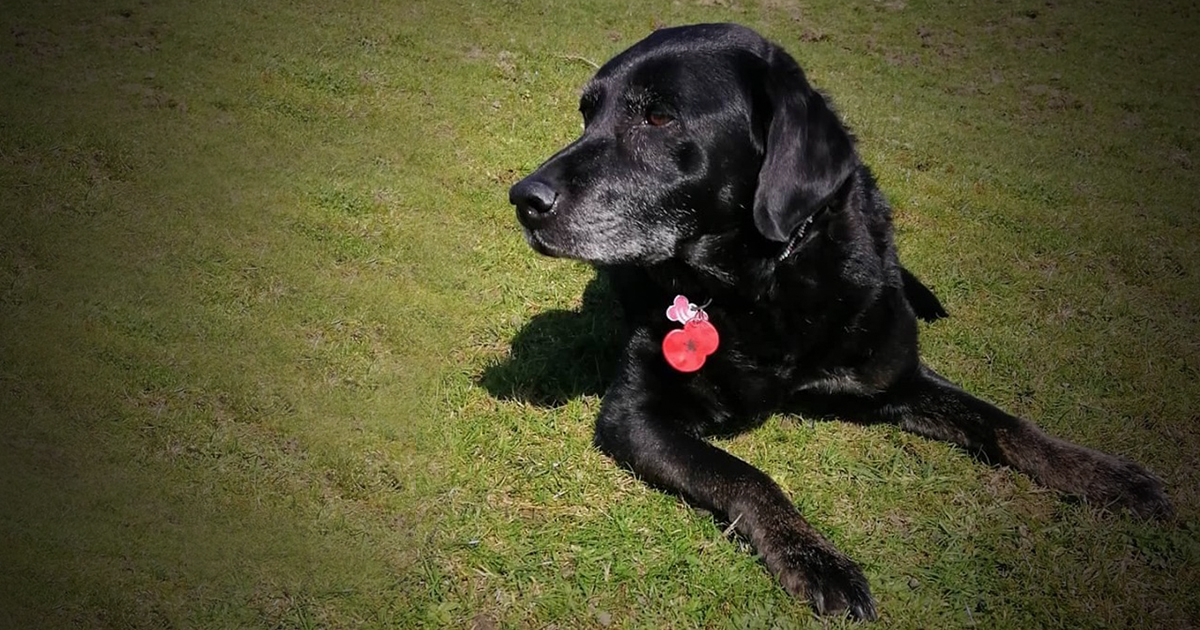The pet of a close friend of mine has just passed away. Zilla the black Lab was the most beloved dog, who had a fondness both for rummaging through the bins and belly scratches.
She’d had progressive problems with her health and, earlier this month, it became clear that, sadly, the time had come for her to leave.
I’m sure that, just as parent’s try not to prioritise one child over the other, vets do their best not to pick their favourites, but in my mind it’s an inevitable outcome of having a human inside the white coat; some little lives are bound to touch us more than others, sometimes without us even knowing or in ways we didn’t realise until we properly reflect.
Early consults
Without me realising it, Zilla wove herself into my early veterinary evolution. When we were younger, my friend and I would often joke that I would be Zilla’s vet in the future.

Even in the era of early GCSEs, friends would consult me on topics ranging from “that strange rash came back” to “she’s eaten half the box of Celebrations – wrappers and all!”
Young, utterly underqualified and fully aware of the fact, I would always advise the friend to consult a real professional – but that didn’t mean I wouldn’t take a little pride each time in being asked, or that I didn’t take a deep interest in the outcome or feel the emotional impacts of that outcome.
Grief counsellor
I’ve been a shoulder to cry on during the bereavement of several small furry friends, and so, without ever seeing a euthanasia in person, I am not naïve to the aftermath.
Grief is an unavoidable part of the veterinary field, as it is a part of human medicine, and even as professionals on the other side of the examination table, it is bound to rock us from time to time.
I worry that a part of the mental health decline in the veterinary population is a lack of addressing the small chinks in the armour that are bound to build up over the years.
Toughen up
Zilla’s passing hit me harder than I’d expected; she was the most beautiful dog and lit up every room she entered – and yet a part of me was telling myself I couldn’t be upset because I was going into a profession where death was part of the nine-to-five and I had to “toughen myself up” to it.
I think it’s important for both vets and owners alike to acknowledge that they are allowed to grieve, and that the loss of an animal can hit just as hard as the loss of a person.
Find a balance
As a vet I am undoubtedly going to bond with many of my patients as I follow them through their lives, and their ups and downs, while striving to right all their wrongs.
We are entitled to our emotions. It’s just about finding a balance between our responsibility as professionals to support our clients when things go downhill and the responsibility to ourselves when our mental health takes a downward spin – and to allow ourselves to grieve if we need to.

Leave a Reply